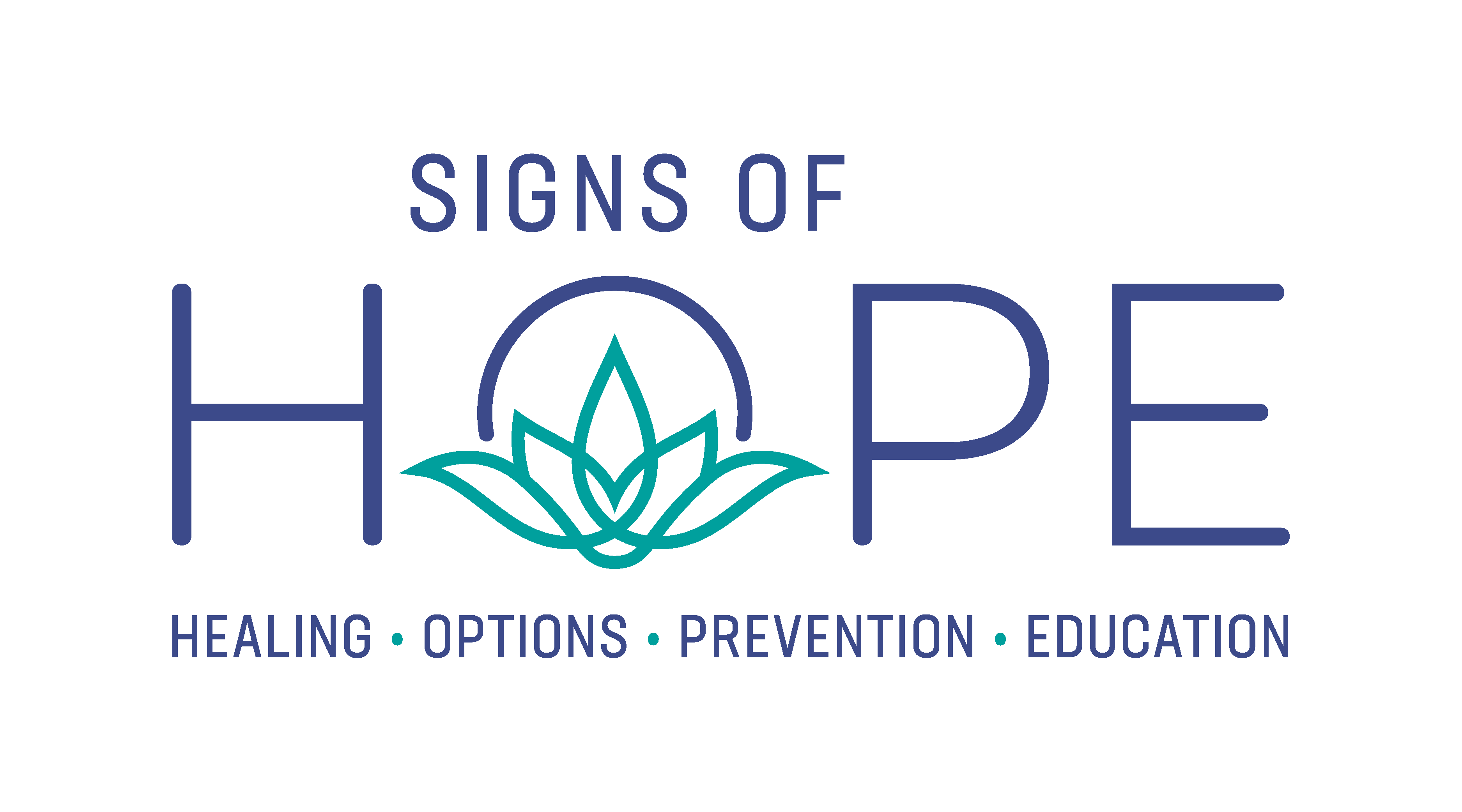The Prison Rape Elimination Act (PREA) was passed in 2003 to “provide for the analysis of the incidence and effects of prison rape in Federal, State, and local institutions and to provide information, resources, recommendations and funding to protect individuals from prison rape.” (Prison Rape Elimination Act, 2003)
In short, PREA is intended to conduct research to better understand the issue of prison sexual abuse and then take steps to protect people from abuse. Those steps included the creation of the National Prison Rape Elimination Commission, tasked with setting national standards. Those standards were published in 2009, reviewed, and went into effect in August of 2012. They include:
- 3rd party reporting requirements designed to protect inmates from retaliation by prison staff
- mandatory access to rape crisis counseling and other mental health services
- reporting guidelines that protect victims from physical violence
- staff training
- guidelines for investigating abuse
The PREA Resource Center was funded by the Bureau of Justice Assistance in 2010 to provide training and technical assistance to government agencies and other organizations to bring them into compliance with those standards. A provision added to PREA in 2016 requires states to be in full compliance by 2022.
In a 2013 report, the Bureau of Justice Statistics estimated that 200,000 incarcerated people in the US experience sexual abuse each year.
Under PREA, prisons investigate reports of abuse internally, rather than having a neutral 3rd party conduct the investigation. BJS reported that 24,661 reports of sexual abuse were made in 2015 alone, but that only 1,473 of those allegations were substantiated. There are no firm numbers on what percentage of sexual abuse is committed by prison staff. What we do know is that, of staff who are accused of sexual abuse, only about 1% are convicted, and investigations frequently find that the victim was “willing” even though sexual contact between prison staff and incarcerated people is illegal.
The disparities in how sexual abuse is handled by facilities is just one reason why the involvement of organizations like the Signs of Hope is so crucial for incarcerated victims. The role of the PREA Coordinator at SOH is to support incarcerated survivors. That work can vary from simply being available to pick up the phone, to going into facilities to work with victims through traumatic events.
- Our PREA Coordinator, Jameelah Lewis, has been advocating for those who are incarcerated since 2017 with organizations like PLAN and The Mass Liberation Project. In her current role at SOH, she delivers a variety of services to incarcerated people, including:
- Monitoring the status of investigations
- Finding housing options
- Communicating with survivors’ family members
- Finding creative outlets to support survivors’ healing
Recently, Lewis has worked on translating the Survivors Overcoming Abuse and Rape (SOAR) program, from English to Spanish. This process has made the program available to survivors who previously did not have access to this type of support. Lewis has also begun working with the Justice and Art Coalition, providing survivors with the opportunity to share their art on a national digital platform, amplifying their voices and allowing their stories to be heard. She also continues to work with PLAN and The Mass Liberation project to increase awareness of prison sexual abuse, as well as to provide survivors with access to additional services.
With the combined forces of incarceration and the pandemic causing people to feel extremely isolated, Lewis says it is an essential part of her work to give survivors something to look forward to, and provide opportunities for joy.
You can learn more about the issue of prison sexual abuse from the PREA Resource Center and Just Detention International. To learn more about support and services available to incarcerated survivors at the Signs of Hope, contact us at 702-385-2153.


